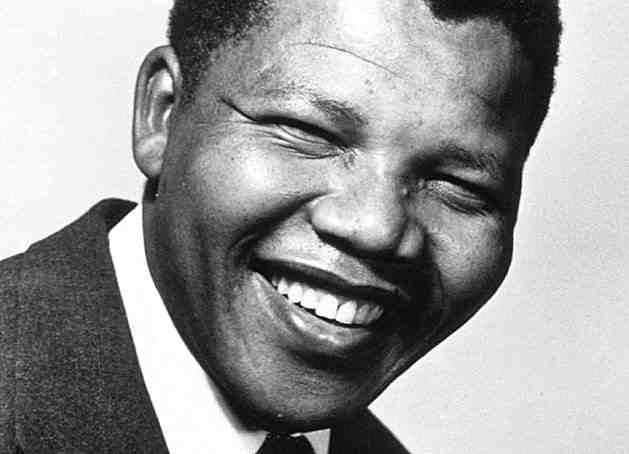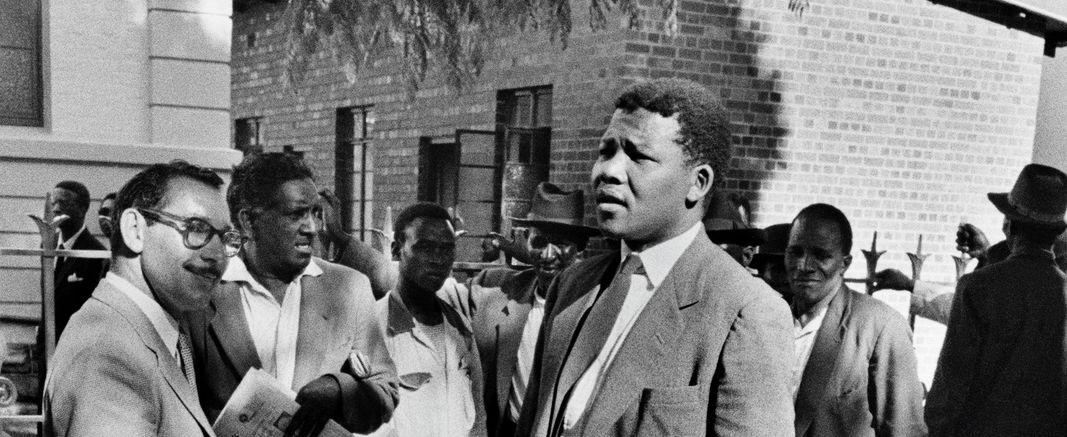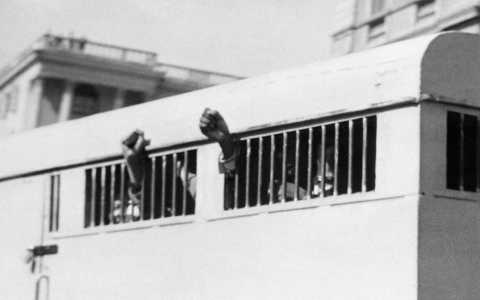 The celebrations of Nelson Mandela’s life have been both fortifying and frustrating. They are a testimony to the long road traveled, as well as the whitewashing and historical elisions that take place as we look to the past.
The celebrations of Nelson Mandela’s life have been both fortifying and frustrating. They are a testimony to the long road traveled, as well as the whitewashing and historical elisions that take place as we look to the past.
On the one hand, it’s amazing to hear such universal acclaim for a man that politicians like Ronald Reagan and Margaret Thatcher once condemned as a terrorist.
On the other hand, the veneration of Madiba ignores the fact that he was only one person – a peculiarly determined and charismatic one, granted – in a much broader movement against  apartheid. When one speaks to South Africans who lived through the apartheid era, one immediately finds that struggle and sacrifice (as well as silent complicity or outright racism) were universal. It is a country scarred by brutal history, but ennobled by tremendous bravery and sacrifice that was nearly universal.
apartheid. When one speaks to South Africans who lived through the apartheid era, one immediately finds that struggle and sacrifice (as well as silent complicity or outright racism) were universal. It is a country scarred by brutal history, but ennobled by tremendous bravery and sacrifice that was nearly universal.
In addition, there are many questions about Mandela’s years in power and the legacy he left. Patrick Bond’s commemorative article offers a judicious account of the deals struck by the ANC once Mandela achieved power in the country’s first democratic elections in 1994. This involved, in Bond’s words, an “intra-elite economic deal that, for most  people, worsened poverty, unemployment, inequality and ecological degradation, while also exacerbating many racial, gender and geographical differences.”
people, worsened poverty, unemployment, inequality and ecological degradation, while also exacerbating many racial, gender and geographical differences.”
The democracy Mandela brought to South Africa was a flawed and compromised one, although it was still seemingly miraculous given many people’s fears that the country would descend into civil war and racist bloodletting. His heroism through the many years of captivity and his generosity towards his former captors was exemplary. Yet Mandela’s legacy is one that we must both celebrate and lament.
La lucha continua!